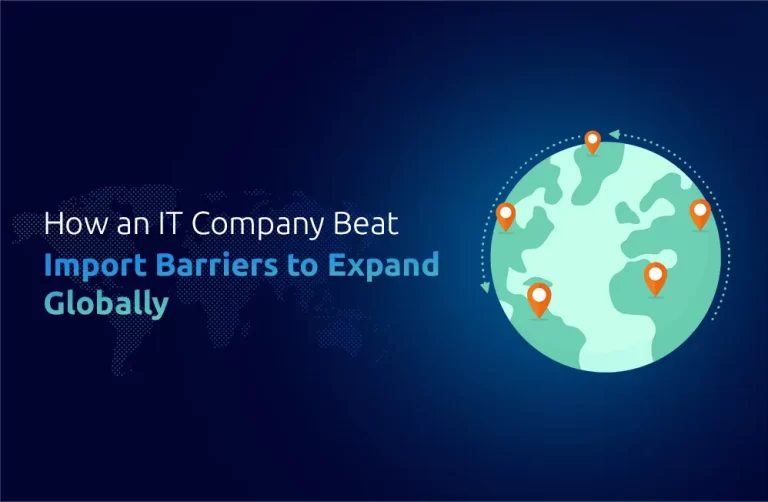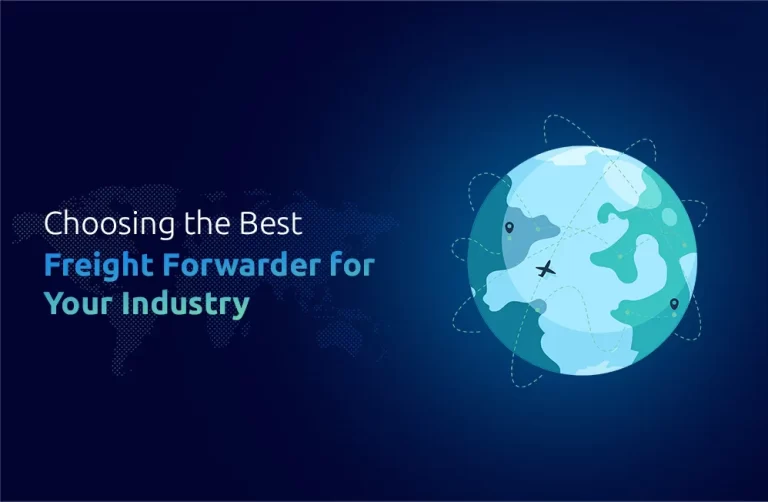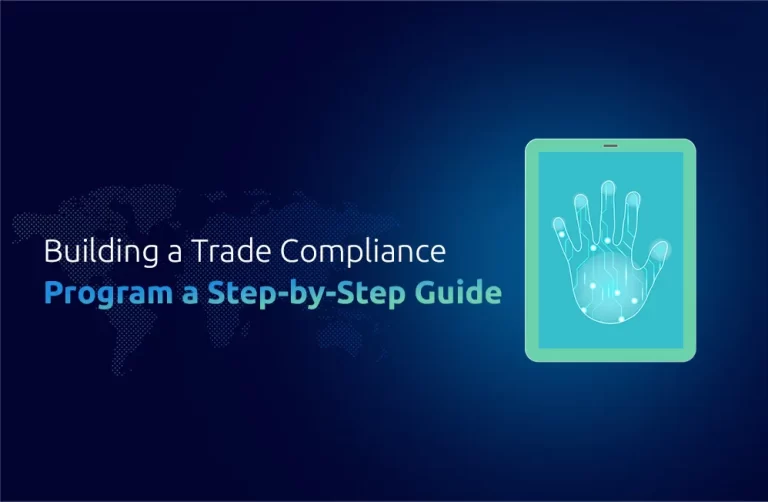What is an Exporter of Record, and why would you need this service?
An Exporter of Record (EOR) service plays a crucial role in simplifying international trade by confirming approval with local laws, handling customs documentation, and managing tax commitments. Businesses utilizing an EOR can simplify their global operations without the need to establish a physical presence in multiple countries. This service is especially valuable when guiding difficult trade policies, such as those defined under the Generalized System of Preferences (GSP), which offers tariff benefits to developing nations. Also, an EOR confirms that shipments follow with Incoterms, which define the responsibilities of buyers and sellers in global trade. By maintaining an accurate export register, businesses can avoid regulatory risk, reduce delays, and confirm smooth cross-border transactions.
Responsibilities of an Exporter of Record
An Exporter of Record (EOR) plays an important role in international trade, confirming approvals with various regulations and logistical requirements. Their responsibilities include product classification and valuation, where they accurately classify goods under Harmonized System (HS) codes and determine their value for appropriate duty and customs evaluation. They also handle export documentation, preparing necessary documents such as commercial invoices, packing lists, and certificates of origin to meet customs regulations. In addition, the EOR confirms regulatory approvals, which may include securing export licenses, and follows local and international laws related to the Generalized System of Preferences (GSP). Effective logistics coordination is another key responsibility, confirming that shipments are accepted with Incoterms and arrive at their destinations efficiently. Export registers and detailed records of transactions are required for inspection and agreement checks. In short, the exporter of record definition surrounds the organization responsible for confirming that all legal and procedural features of an export are properly managed, making record responsibilities important to the exporter for smooth international trade.
Industry Insights: IT, Aviation, Medical, and Automotive Sectors
In industries such as IT, aviation, medical, and automotive, exporting goods involves guiding difficult regulations and confirming strict agreements:
IT Industry: Exporting technology products frequently requires adherence to specific export controls and encryption regulations. An EOR confirms that all necessary licenses are obtained and that products follow destination country standards.
Aviation Sector: The export of aircraft parts and related equipment demands careful documentation and agreement with international aviation authorities’ regulations. An EOR manages these requirements to simplify smooth transactions.
Medical Field: Medical devices are subject to strict export regulations to confirm safety and efficacy. An EOR handles the necessary certifications and agreement measures to meet both exporting and importing countries’ standards.
Automotive Industry: Exporting vehicles and automotive parts involves agreement with regulatory standards, safety regulations, and proper classification under HS codes. An EOR confirms all requirements are met to avoid delays or penalties.
DID YOU KNOW?
Nicaragua’s per capita gross domestic product (GDP) was projected to continue to grow by a total of US$1,082 (+37.6 percent) between 2024 and 2029. After the tenth consecutive year of growth, GDP per capita is projected to reach US$3,959.69, reaching a new peak in 2029.








